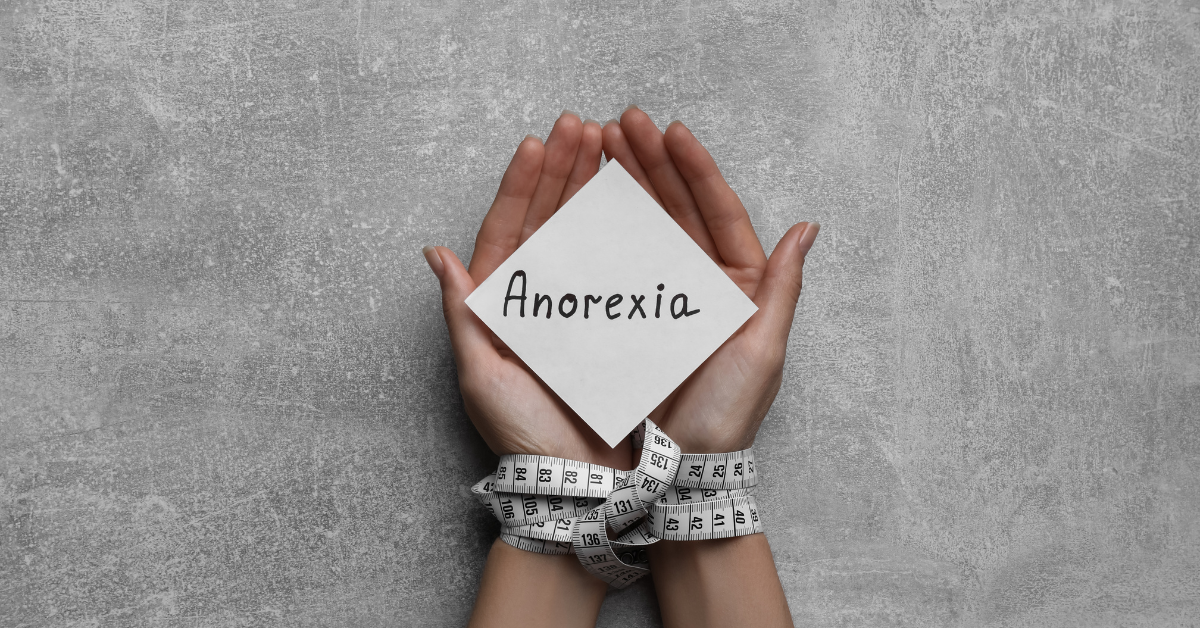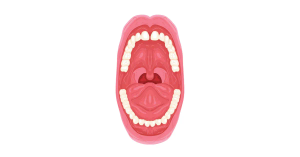Understanding Anorexia Nervosa
Anorexia nervosa is characterised by an intense fear of gaining weight and a distorted body image, leading to extreme food restriction, excessive exercise, or other behaviours aimed at weight loss. It is not just about food; it is a complex mental health condition that often involves underlying issues such as anxiety, depression, or low self-esteem. Anorexia is a serious eating disorder that can profoundly impact a teenager’s physical and emotional well-being and navigating the complexities of parenting a teenager with anorexia can be a daunting and emotional journey.
Recognizing the Signs
Early recognition of anorexia is essential for effective intervention. Common signs include:
Physical Symptoms:
- Significant weight loss or failure to gain expected weight during growth.
- Fatigue, dizziness, and fainting.
- Brittle nails, dry skin, and hair loss.
- Irregular or missed menstrual periods in girls.
Behavioural Symptoms:
- Restrictive eating patterns, such as skipping meals or eating very small portions.
- Obsessive calorie counting and fear of certain foods.
- Excessive exercise and insistence on exercising even when it’s not appropriate.
- Avoidance of eating in public or with family.
Psychological Symptoms:
- Preoccupation with body weight, shape, and size.
- Distorted body image, seeing themselves as overweight despite being underweight.
- Withdrawal from social activities, especially those involving food.
- Increased irritability, depression, or anxiety.
Seeking Professional Help
If you suspect your teenager has anorexia, it’s crucial to seek professional help immediately. Early intervention can significantly improve the chances of recovery. The treatment process typically involves:
- Medical Evaluation: A thorough medical assessment by a healthcare provider to identify physical complications and determine the severity of the disorder.
- Psychological Assessment: Evaluation by a mental health professional specializing in eating disorders to diagnose anorexia and assess psychological well-being.
- Multidisciplinary Treatment Team: Treatment usually involves a team of healthcare providers, including a primary care physician, a dietitian, a psychologist or psychiatrist, and sometimes an endocrinologist.
Developing a Treatment Plan
Effective treatment for anorexia often involves a combination of medical care, nutritional counselling, and psychotherapy.
Family-Based Treatment (FBT):
- Phase 1: Weight Restoration: Parents play an active role in helping their teenager regain weight by establishing regular, supervised meals and snacks.
- Phase 2: Returning Control: Gradually, control over eating is returned to the teenager, with continued parental support and monitoring.
- Phase 3: Establishing Healthy Identity: Focuses on helping the teenager develop a healthy self-identity and addressing any underlying psychological issues.
Nutritional Counselling: A registered dietitian helps develop a balanced meal plan to restore weight and ensure nutritional needs are met. Education about normal eating patterns and healthy attitudes towards food is also provided.
Psychotherapy: Cognitive Behavioral Therapy (CBT) helps the teenager address and change distorted thoughts and behaviours related to food, body image, and self-esteem and Dialectical Behavior Therapy (DBT) focuses on building skills to manage emotions, reduce stress, and improve relationships.
Medical Monitoring: Regular medical check-ups to monitor physical health, including weight, heart rate, blood pressure, and lab tests to check for complications like electrolyte imbalances.
Creating a Supportive Home Environment
- Open Communication: Foster an environment where your teenager feels safe discussing their thoughts and feelings. Avoid judgmental comments about food, weight, or body image. Listen actively and show empathy and understanding. Acknowledge their struggles and validate their feelings without offering immediate solutions or criticism.
- Meal Support: Sit down for regular meals as a family. Provide a calm, non-pressuring environment during meal times. Avoid commenting on portion sizes or calorie content. Focus on the social and enjoyable aspects of sharing a meal together.
- Monitor Exercise: Ensure that exercise is balanced and not excessive. Encourage activities that promote overall well-being, such as yoga or walking, rather than intensive workouts.
- Encourage Social Activities: Help your teenager engage in social activities that do not revolve around food. Encourage hobbies and interests that build self-esteem and provide a sense of accomplishment.
Supporting and Fostering Long Term Recovery
- Positive Reinforcement: Celebrate small victories and progress in recovery. Praise efforts rather than focusing solely on outcomes. Reinforce the idea that their worth is not tied to their weight or appearance.
- Promote Healthy Body Image: Encourage media literacy and critical thinking about unrealistic beauty standards portrayed in the media. Emphasise the importance of health, strength, and well-being over appearance.
- Professional Support: Consider family therapy to address any family dynamics that may contribute to the disorder. Family therapy can also provide a platform for all family members to express their feelings and learn how to support the teenager effectively.
- Relapse Prevention: Understand that recovery from anorexia is a long-term process that may include setbacks. Work with your teenager and their healthcare team to develop a relapse prevention plan, identifying triggers and strategies to manage them.
- Build a Positive Future: Help your teenager set and achieve personal goals unrelated to appearance or weight. Focus on building a future where they can thrive in various aspects of their life, such as academics, hobbies, and relationships.
Taking Care of Yourself
Supporting a teenager with anorexia can be emotionally draining. It’s essential to take care of your own mental and physical health to be an effective caregiver.
- Seek Support: Join support groups for parents of children with eating disorders. Sharing experiences and gaining insights from others can be incredibly beneficial. Consider individual therapy for yourself to process your emotions and learn effective coping strategies.
- Educate Yourself: Learn about anorexia and its treatment. Understanding the disorder can help you provide better support and reduce feelings of helplessness.
- Practice Self-Care: Make time for activities that you enjoy and that help you relax. Ensure you have a support network of friends and family who can provide emotional support.








